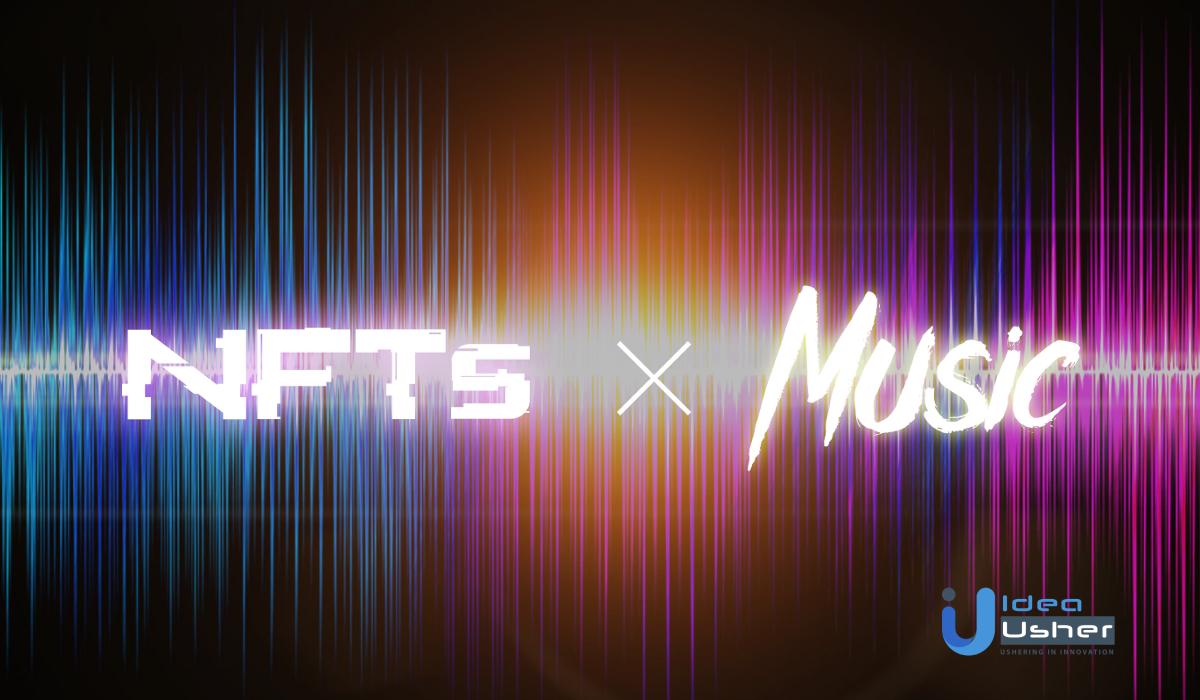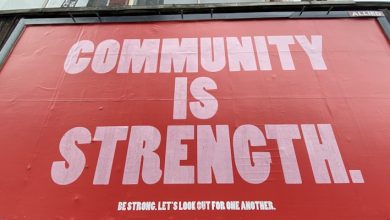The Future of NFTs in Music

- Exploring the intersection of NFTs and the music industry
- How NFTs are revolutionizing the way artists engage with fans
- The potential impact of NFTs on music distribution and ownership
- Challenges and opportunities for musicians in the NFT space
- NFTs as a new revenue stream for independent artists
- What the future holds for NFTs in the music world
Exploring the intersection of NFTs and the music industry
Exploring the intersection of NFTs and the music industry opens up a world of possibilities for artists and fans alike. Non-fungible tokens have the potential to revolutionize the way music is created, distributed, and consumed. By leveraging blockchain technology, musicians can tokenize their work, creating unique digital assets that can be bought, sold, and traded on various platforms.
One of the key benefits of NFTs in the music industry is the ability to provide artists with more control over their work. Through smart contracts, musicians can set specific terms for how their music is used and monetized, ensuring they receive fair compensation for their creations. This direct connection between artists and fans also allows for a more intimate and personalized experience, fostering a stronger sense of community within the music industry.
Furthermore, NFTs have the potential to create new revenue streams for musicians, beyond traditional methods like streaming and live performances. By selling limited edition NFTs or offering exclusive experiences to token holders, artists can tap into a new market of collectors and superfans who are willing to invest in unique and rare digital assets.
Overall, the intersection of NFTs and the music industry represents an exciting frontier for innovation and creativity. As more artists and fans embrace this technology, we can expect to see a shift in the way music is created, shared, and valued in the digital age.
How NFTs are revolutionizing the way artists engage with fans
NFTs have completely transformed the way artists interact with their fans, offering a unique opportunity for creators to establish a direct connection with their audience. By leveraging blockchain technology, musicians can now tokenize their work, allowing fans to purchase exclusive digital assets that represent ownership of a specific piece of music or artwork.
Through NFTs, artists can engage with their fans in a more meaningful way, offering them a chance to own a piece of their favorite artist’s legacy. This direct engagement not only creates a sense of exclusivity and value for fans but also provides artists with a new revenue stream outside of traditional music sales and streaming platforms.
Furthermore, NFTs enable artists to bypass intermediaries and take control of their creative output, empowering them to monetize their work on their terms. This shift in power dynamics has the potential to revolutionize the music industry, allowing artists to connect with their fans on a deeper level and build a more sustainable career.
The potential impact of NFTs on music distribution and ownership
The potential impact of NFTs on music distribution and ownership is significant in revolutionizing the way artists connect with their fans and monetize their work. NFTs, or non-fungible tokens, offer a unique opportunity for musicians to create digital assets that represent ownership of their music. This can help artists establish a direct relationship with their audience, bypassing traditional intermediaries such as record labels.
By leveraging blockchain technology, NFTs provide a transparent and secure way for artists to sell their music directly to fans, eliminating the need for streaming platforms or other third parties. This can result in a more equitable distribution of revenue, with artists receiving a larger share of the profits from their work. Additionally, NFTs can also enable artists to offer exclusive content or experiences to their most dedicated fans, further strengthening their connection with their audience.
Furthermore, NFTs have the potential to transform the concept of music ownership. Instead of simply streaming a song or album, fans can purchase a unique token that represents ownership of a specific piece of music. This can create a sense of exclusivity and scarcity, driving up the value of the music and potentially increasing revenue for artists. Additionally, NFTs can also enable artists to retain more control over their intellectual property, ensuring that they are properly compensated for their work.
Challenges and opportunities for musicians in the NFT space
There are various challenges and opportunities for musicians in the NFT space that they need to consider as they navigate this new digital landscape. One of the main challenges is the technical complexity of creating and selling NFTs, which can be daunting for artists who are not familiar with blockchain technology. However, this also presents an opportunity for musicians to learn new skills and expand their digital presence.
Another challenge is the issue of copyright and intellectual property rights in the NFT space. Musicians need to ensure that they have the proper rights to sell their music as NFTs and that they are not infringing on the rights of others. On the flip side, NFTs offer a unique opportunity for musicians to protect their intellectual property and create new revenue streams through the sale of limited edition digital assets.
One of the biggest opportunities for musicians in the NFT space is the potential for direct engagement with fans. By selling exclusive content as NFTs, artists can create a closer connection with their audience and offer unique experiences that cannot be replicated. This can help musicians build a loyal fan base and increase their overall visibility in the digital marketplace.
NFTs as a new revenue stream for independent artists
NFTs have emerged as a promising new revenue stream for independent artists in the music industry. By leveraging blockchain technology, artists can create unique digital assets that represent ownership of their music or other creative works. These NFTs can then be sold to fans and collectors, providing artists with a direct source of income outside of traditional record labels and streaming platforms.
One of the key benefits of NFTs for independent artists is the ability to retain more control over their work and how it is monetized. Instead of relying on record labels to promote and distribute their music, artists can use NFTs to connect directly with their audience and generate revenue on their own terms. This can lead to greater financial independence and creative freedom for artists who may have previously struggled to make a living from their music.
Additionally, NFTs can help artists build a stronger connection with their fans by offering exclusive content and experiences through these digital assets. For example, an artist could release a limited edition NFT that includes access to a private concert or a behind-the-scenes look at the making of their latest album. This not only generates revenue for the artist but also creates a sense of community and loyalty among their most dedicated supporters.
What the future holds for NFTs in the music world
The future of NFTs in the music industry is promising, with many artists and fans alike embracing this new technology. NFTs have the potential to revolutionize the way music is created, distributed, and consumed. Artists can use NFTs to sell exclusive content directly to their fans, bypassing traditional record labels and streaming platforms. This gives them more control over their music and a new way to monetize their work.
NFTs also offer fans a unique opportunity to own a piece of their favorite artist’s music in a way that was not possible before. By purchasing an NFT, fans can show their support for the artist and gain access to exclusive perks such as limited edition merchandise, concert tickets, or even a chance to meet the artist in person.
As the popularity of NFTs continues to grow, we can expect to see more musicians and industry professionals exploring the possibilities that this technology offers. From creating one-of-a-kind music experiences to building a stronger connection with fans, NFTs have the potential to reshape the music industry in exciting ways. It will be interesting to see how artists and fans alike continue to embrace this new era of music ownership and creativity.



